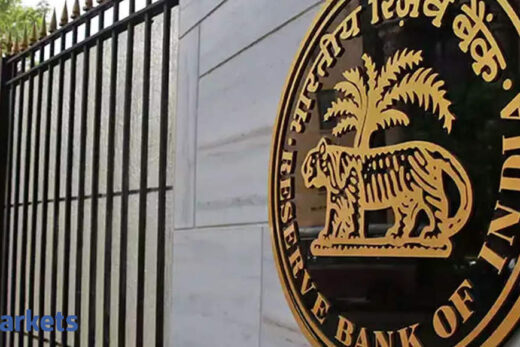Finance minister Nirmala Sitharaman, in the union budget 2019, had allowed FPIs to invest in REITs and InvITs, but the enabling was yet to take place. The central bank has now amended the Foreign Exchange Management (Debt Instrument) Regulations, 2021 to allow such investments.
“Globally, institutional investors are among the largest investors in business trust debt, as the credit and risk profile meet their liability management needs. RBI’s notification on enabling FPIs to invest in debt securities of REITs and InvITs will open up the fundraising avenues as REITs and InvITs have a constant requirement of patient capital for acquisition and to scale their portfolio up,” said Sigrid Zialcita, chief executive of the Asia-Pacific Real Estate Association.
Capital market regulator Securities and Exchange Board of India had amended the regulations governing REITs and InvITs with effect from December 2017 to provide for issuance of listed debt securities by them.
However, due to lack of enabling provisions under the foreign exchange regulations by the RBI, these business trusts were unable to source debt funding from FPIs so far. This is set to change now.
“Global debt investors have long formed the backbone of REIT and infrastructure debt markets worldwide, and have been keen to invest in the growth potential of these structures in India. This proactive amendment will expand and diversify the potential capital pool for REITs and further reduce the cost of capital for the asset class,” Embassy Office Parks REIT chief financial officer Aravind Maiya said.
The FPI route is expected to help REITs and InvITs raise debt at competitive rates from foreign investors and also lead to wider participation by institutional investors.
This will also help in improving business trust unit holders’ risk-adjusted returns due to leveraging.
Earlier this week, Embassy REIT broadened its investor base through a Rs 4,600-crore debt issuance at nearly 6.5% cost of financing.
Banks have been shying away from lending to real estate for the last few years given the risks associated with the sector. However, REITs are generally rated well in comparison to other individual assets.
Lenders at the REIT level can take security over receivables and benefit from cross collateralisation of multiple asset securities, which will give them additional comfort.
The government and Sebi have been making efforts for the last few years to make REITs and InvITs a success story in India by getting regulation at par with global standards.
The capital market regulator has proactively undertaken many initiatives including reduction in the perpetual lock-in requirement for the sponsor to align it with those applicable for IPOs and flexibility for change in REITs and InvITs’ sponsors.
It has also reduced the size of trading lots to enhance liquidity and made provisions for enabling further capital raising in REITs, which will prompt growth.



